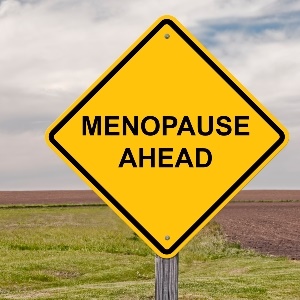
Your doctor will review your medical and menstrual history, the extent of your symptoms, and perform a physical examination (including a pelvic exam if you experience vaginal dryness or sexual dysfunction, for example).
Assessing your heart disease and diabetes risk will also likely form part of the assessment, and your doctor may check for hyperthyroidism, which presents with many of the same symptoms. If you’ve missed periods and are sexually active, the possibility of pregnancy will be excluded.
If you’re younger than 40, and presenting with menopausal symptoms, your doctor will do a more thorough evaluation to see if you suffer from premature ovarian failure (POF).
Remember that the exact event of menopause can only be determined retrospectively after no menstrual periods have occurred for 12 consecutive months. Keep a diary of your periods and take this with you to the doctor.
Hormone tests can be done during the menopause transition, but because hormone levels fluctuate so much during this time, these tests aren’t always very useful. Your doctor may, however, do hormone tests for other reasons, for example to check for thyroid problems or to evaluate your fertility levels if you’re still trying to conceive.
If menopausal symptoms occur inappropriately or too early, your doctor may do blood tests to determine the cause.
The course of menopause
The early menopause transition begins a couple of years before menopause. During this time, hormone levels fluctuate, your periods become more irregular and you may start experiencing symptoms like breast tenderness, more pronounced PMS and bloatedness.
The late menopause transition occurs a year or two before menopause, when you’re likely to completely skip periods and when symptoms may become more severe. You may experience hot flushes and other symptoms during this time.
During the late menopause transition, menopause hormone therapy (MHT) can help with the management of symptoms.
Once you’ve had no menstrual periods for 12 consecutive months, you’ve reached menopause. You are no longer fertile.
The average age of menopause is 51, while the entire process can last anything from 2-8 years.
Reviewed and updated by Dr Carol Thomas MBChB (UCT) FCOG (SA) MMed (O&G) (UCT), specialist gynaecologist in private practice, Cape Town, President of the South African Menopause Society and Director of the WomanSpace and iMobiMaMa. March 2017.




 Publications
Publications
 Partners
Partners
















